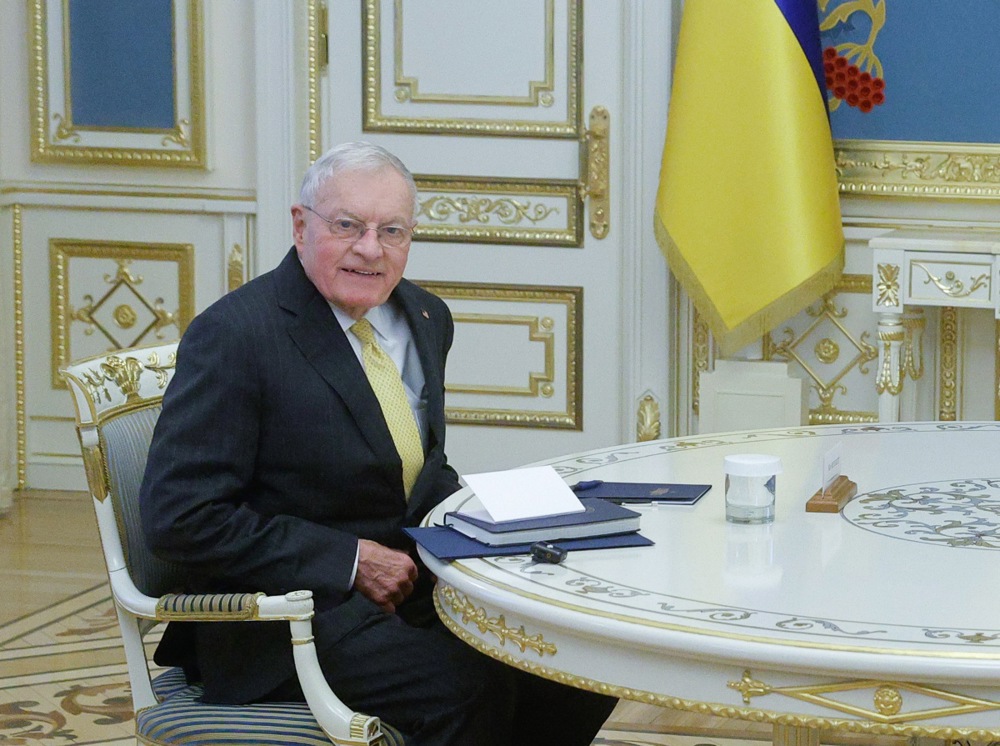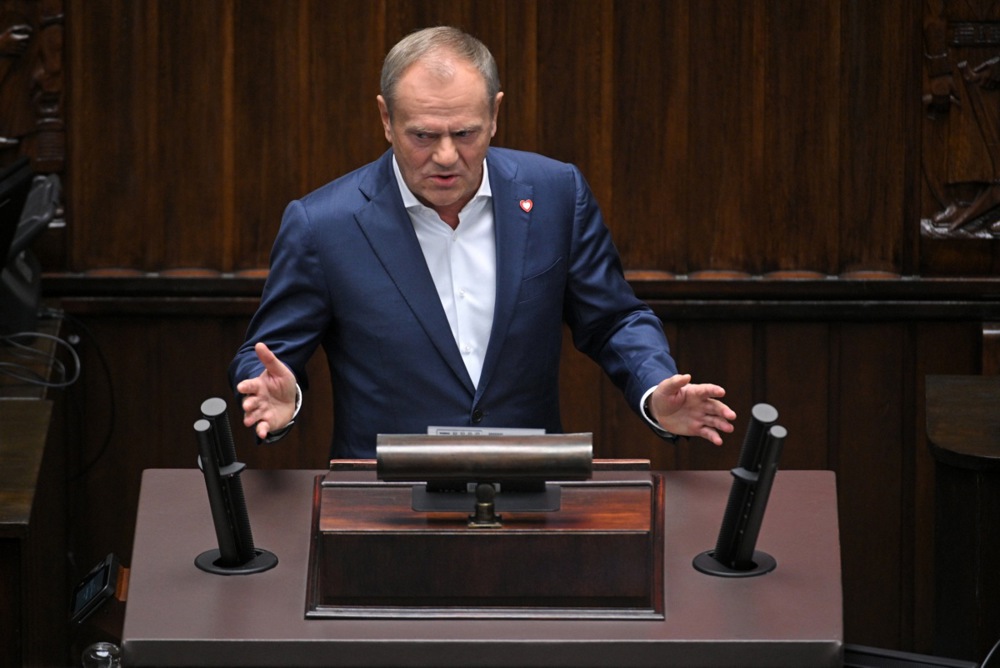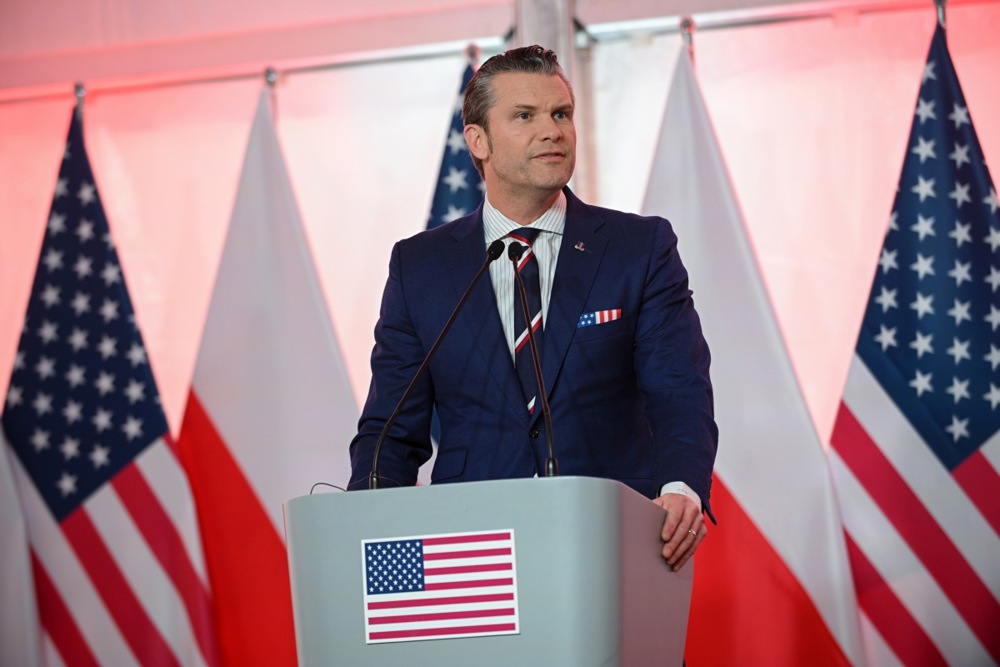Poland has cancelled the procurement procedure for the purchase of 32 Lockheed Martin S-70i Black Hawk helicopters for the Polish Army.
In doing so, Warsaw cited a strategic review of needs by the centre-left government led by Prime Minister Donald Tusk.
A former PiS defence minister, Antoni Macierewicz, told broadcaster Radio Maryja: “It looks like the government wants to concentrate its purchases on Germany and France as part of the drive towards replacing US equipment with that produced in Europe, a move which is part of this government’s willingness to sacrifice our security and independence to the EU.”
Elsewhere, Portugal has said it was considering cancelling its own order for F-35 fighter planes from the US.
The S-70i helicopters were the US export variant of the well-known multi-role Black Hawk, produced at the Polish aerospace firm PZL Mielec’s facility, which is owned by Lockheed Martin.
The plant supplied these aircraft to both foreign markets and Polish entities, including the police and Special Forces, which had taken delivery of eight helicopters by 2024.
The plan had been to acquire 32 more Black Hawks for the land forces, where they would operate alongside the Apache attack helicopters ordered from the US in 2024. Now, the Black Hawk order had been officially annulled.
Poland’s Armament Agency formally suspended the tender plan shortly after PZL Mielec submitted its final offer.
In a letter to the company, the agency cited a clause in its procurement guidelines, allowing a change in cases where “a significant change of circumstances makes the contract no longer in the public interest”.
“Maybe it is necessary to acquire other equipment in its [helicopters’] place such as drones, or tanks, or some kind of communication,” the spokesman of the military purchasing agency Grzegorz Polak told Reuters on June 6.
He added that “some correction” was needed when the geopolitical situation and state security interests required other tasks to be carried out.
Pawel Beja, Poland’s deputy defence minister, said: “The geopolitical situation, the situation in the east; the war in Ukraine, what Russia is currently buying is being analysed by the General Staff of the Polish Armed Forces, our pilots, specialists and experts.”
Poland had negotiated the acquisition of 32 S-70i Black Hawk helicopters, produced by PZL Mielec, in 2023 during the lifetime of the last Conservative (PiS) government.
The halting of the procurement procedure echoed a similar episode in 2016, when then-PiS government abandoned a deal for French-made Caracals. In both cases, the military helicopter plans collapsed just before contracts were due to be signed.
Former defence minister Mariusz Błaszczak (PiS) called the latest decision a “disgrace” in a post on X, saying it would slow down the replacement of Poland’s helicopter fleet.
PiS MP Michał Jach, former chairman of the parliamentary defence committee, shared his concerns on the matter with portal Niezależna, pointing to problems with funding.
“It’s obvious that the need for this equipment is urgent, as the Polish military requires rapid and extensive modernisation. What’s likely happening here is straightforward, a lack of funds,” he said, adding that it was a blow for the Polish arms industry, too.
He was alluding to the fact that the government admitted that there would be a delay in the procurement of submarines and that there had already been cancellations of some arms contracts ordered by the previous government from South Korea.
“This is an unimaginable scandal. Our factories which employ thousands of people may soon be facing the threat of bankruptcy,” Jach added, echoing concerns voiced by trades unionists in Mielec.
Meanwhile, Portugal’s defence minister Nuno Melo announced in March that the country had been reconsidering its acquisition of the F-35 Lightning II stealth fighter from the US.
It was felt that the uncertainty caused after the election of US President Donald Trump regarding tariffs and NATO could potentially endanger future supply of components and technologies making US fighters a risky purchase.
The Lisbon government had, as a result, been eyeing EU-built alternatives to US jets although no public tender had been announced.
Portugal had been a major partner in the F-16 programme of Lockheed Martin, having been awarded contracts for the refurbishment and upgrading of other European-based F-16 fighter fleets.





